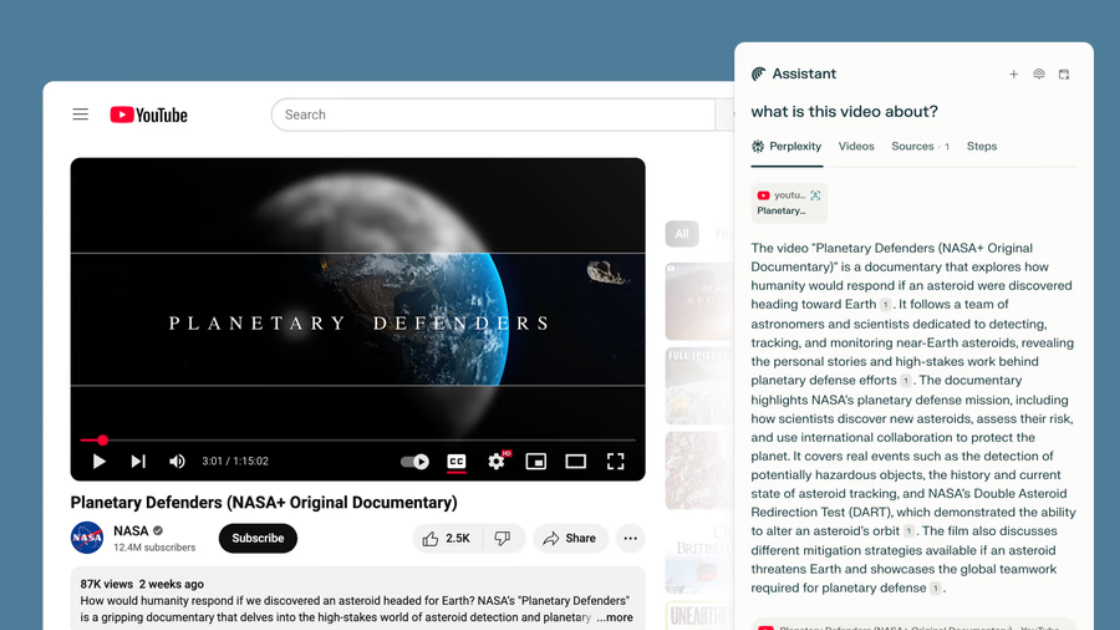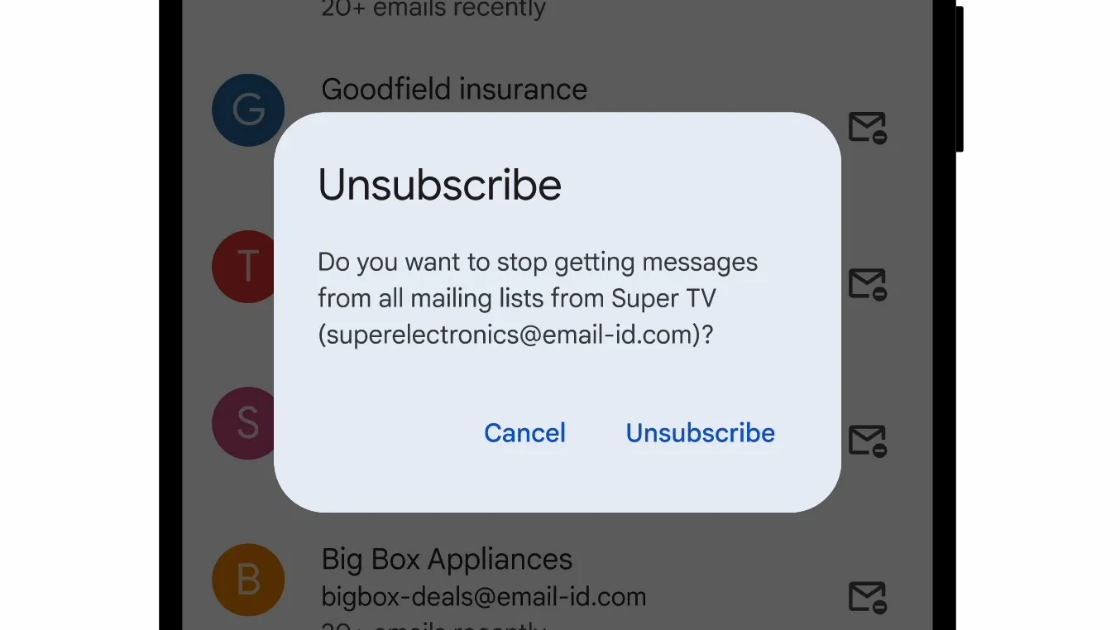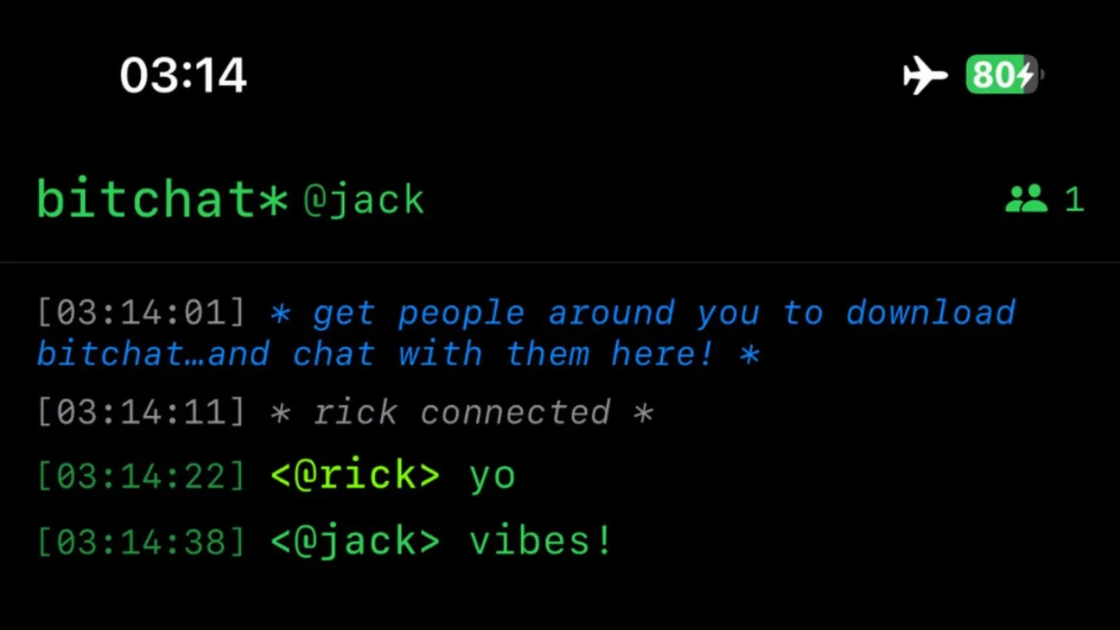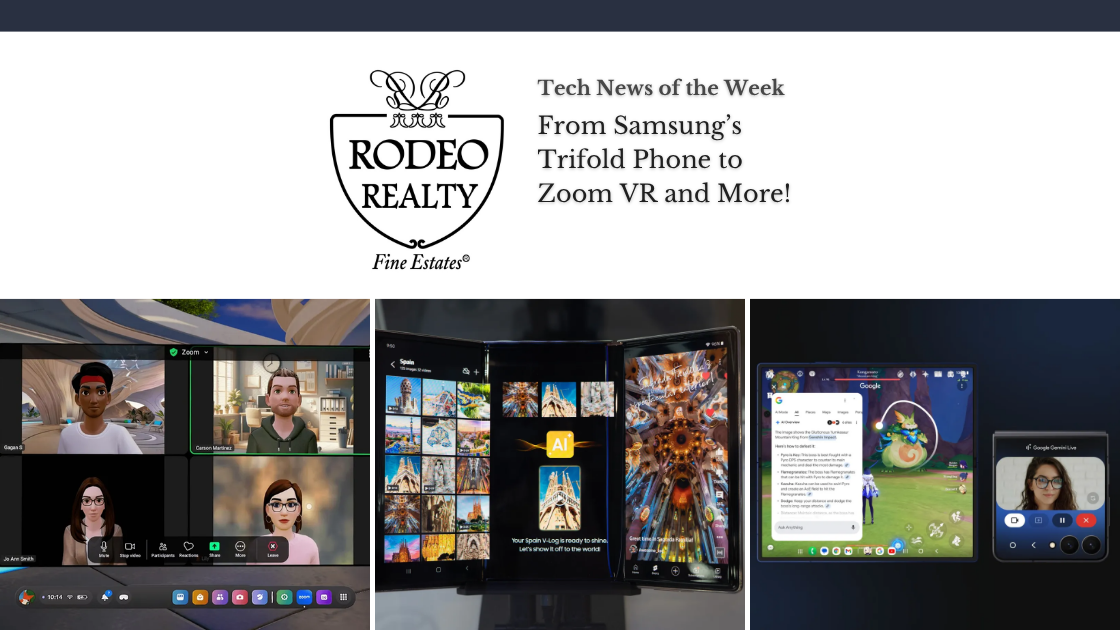As the week winds down, it’s time to wrap up the leading tech headlines from across the web. This week, we’re breaking down everything, from Samsung’s Trifold phone to Zoom VR and more. Read on and stay connected with the tech news of the week!
Samsung Hints at Trifold Phone Launch Later This Year

Samsung’s acting head of device experience, TM Roh, confirmed the company plans to release its much-rumored trifold smartphone before the end of 2025. The device, reportedly codenamed “Galaxy G Fold,” has been showcased in concept form at Mobile World Congress and briefly teased in One UI 8 animations. Roh emphasized that Samsung is refining usability and evaluating market demand before settling on a final name and feature set. An unnamed executive told Android Authority that while the hardware is ready for production, the company is still pinpointing the unique use cases for a three-pane foldable. This trifold design could offer unparalleled multitasking and screen real estate—if Samsung can perfect its purpose and durability.
Apple’s Next-Gen Vision Pro Expected by Year’s End

According to Bloomberg, Apple is preparing a second-generation Vision Pro headset for release as early as late 2025. The upgraded model will likely feature an M4 chipset—offering more than 16 neural engine cores—and a redesigned strap to alleviate neck and head discomfort. The current $3,499 Vision Pro uses an M2 processor, so the M4’s enhanced NPU could more than double AI performance for immersive apps and multitasking. Bloomberg also reports Apple is eyeing a lighter, budget-friendly AR headset for 2027, indicating a multi-year roadmap for its spatial computing platform. These developments signal Apple’s deepening commitment to blending AI and augmented reality in its hardware lineup.
Perplexity Launches Comet, an AI-First Web Browser

AI search startup Perplexity debuted “Comet,” a Chromium-based browser integrating its own AI assistant for seamless, context-aware browsing. Subscribers to Perplexity Max (at $200/month) can use Comet’s built-in assistant to answer on-screen queries, make bookings, or even complete purchases autonomously. Comet uses Perplexity as its default search engine, surfacing AI-generated summaries alongside traditional links. The browser is currently invite-only for Max subscribers and supports Windows and Mac, with plans for broader rollout later. Perplexity CEO Aravind Srinivas envisions Comet as a foundational agent workspace, aiming to challenge Google’s search dominance.
Android’s “Circle to Search” Gains Google AI Mode on Foldables

Google enhanced Android’s Circle to Search tool by embedding its AI Mode chatbot directly into visual searches on Pixel and Samsung foldables. Users can long-press the home button, circle any on-screen content, and receive AI-powered overviews with follow-up Q&A through Gemini’s chatbot interface. For gamers, Circle to Search now provides real-time in-game assistance, offering strategy tips and character info without exiting the app. Samsung’s new Z Fold 7, Z Flip 7, and Watch 8 series ship with these capabilities pre-installed, alongside Wear OS 6 and Android 16. Google plans to expand AI Mode to Lens and third-party apps, further blurring lines between search and assistance.
Gmail’s “Manage Subscriptions” Tab Simplifies Unsubscribing

Gmail introduced a new Manage Subscriptions view to help users declutter inboxes overwhelmed by recurring newsletters and promo emails. Positioned in the left navigation pane, this tab lists all active subscriptions sorted by frequency, each with a one-click unsubscribe link. The feature launches on the web today, on Android starting July 14, and on iOS beginning July 21, rolling out globally across personal and Workspace accounts. Users can also review historical email counts per sender to make informed decisions about which lists to leave behind. This streamlined approach aims to restore sanity to crowded inboxes by centralizing subscription management.
Zoom’s Standalone Quest App Brings Meetings to VR

Zoom released a standalone app for Meta Quest headsets. Likewise, the update allows any Zoom account—free or paid—to host and join virtual meetings in VR as Meta Avatars. Previously confined to Horizon Workrooms, the new app supports Quest 2, Quest 3, Quest 3S, and Quest Pro. Of course, the latest from Zoom offers a passthrough mode for blending real-world surroundings with virtual conferencing. Zoom has been ramping up AI avatars and Vision Pro support. This move by Zoom extends its immersive meeting experience to the consumer VR market. Participants can interact with desktop, mobile, or web users seamlessly, fostering cross-platform collaboration. This expansion underscores Zoom’s bet on spatial computing as the future of remote work and social interaction.
Jack Dorsey Unveils Bitchat for Encrypted Bluetooth Messaging

Block CEO Jack Dorsey launched Bitchat, an account-free, mesh-networking messaging app. Bitchat uses Bluetooth Low Energy to send encrypted texts directly between nearby devices. The open-source app auto-relays messages across devices to extend its effective range beyond standard Bluetooth limits. Bitchat features password-protected channels and a “Panic Mode” to wipe data instantly with a triple-tap gesture. Inspired by protest-tool apps like Bridgefy and FireChat, it aims to ensure private, resilient communication without internet or cellular networks. Currently in beta via TestFlight, Bitchat promises future updates to boost speed and range via Wi-Fi Direct.
